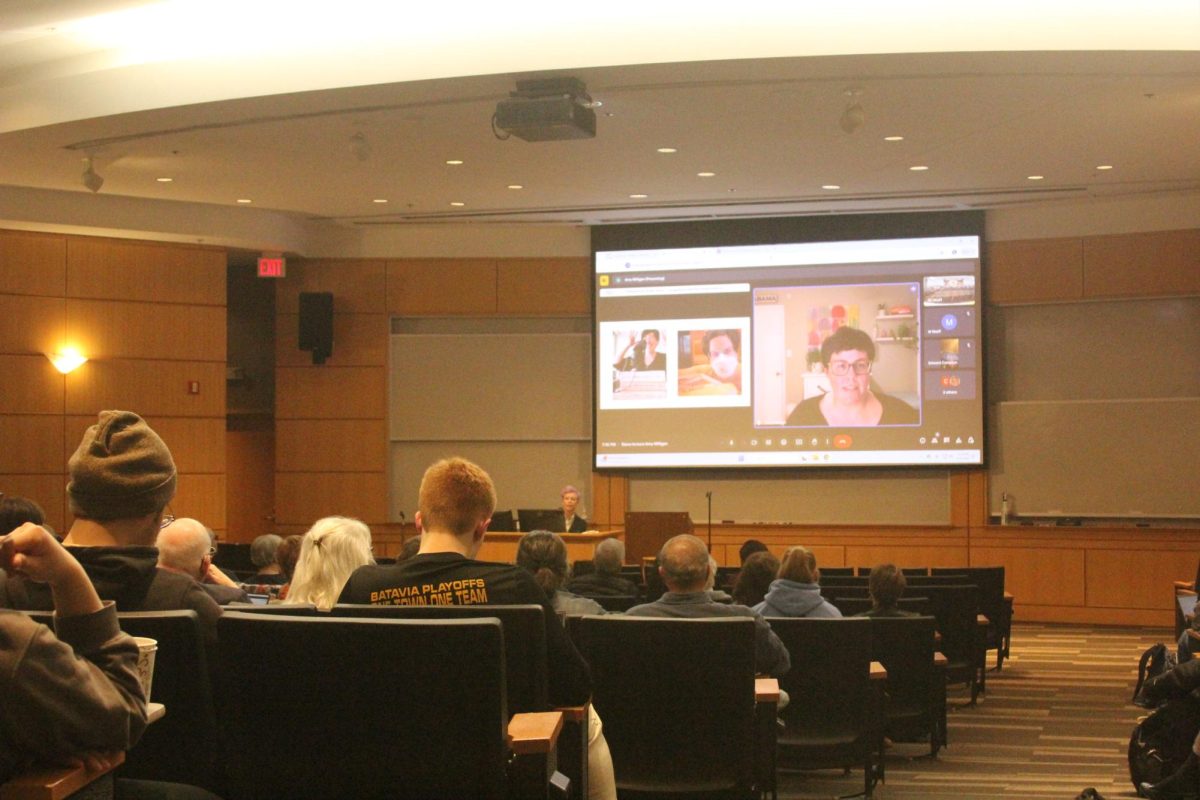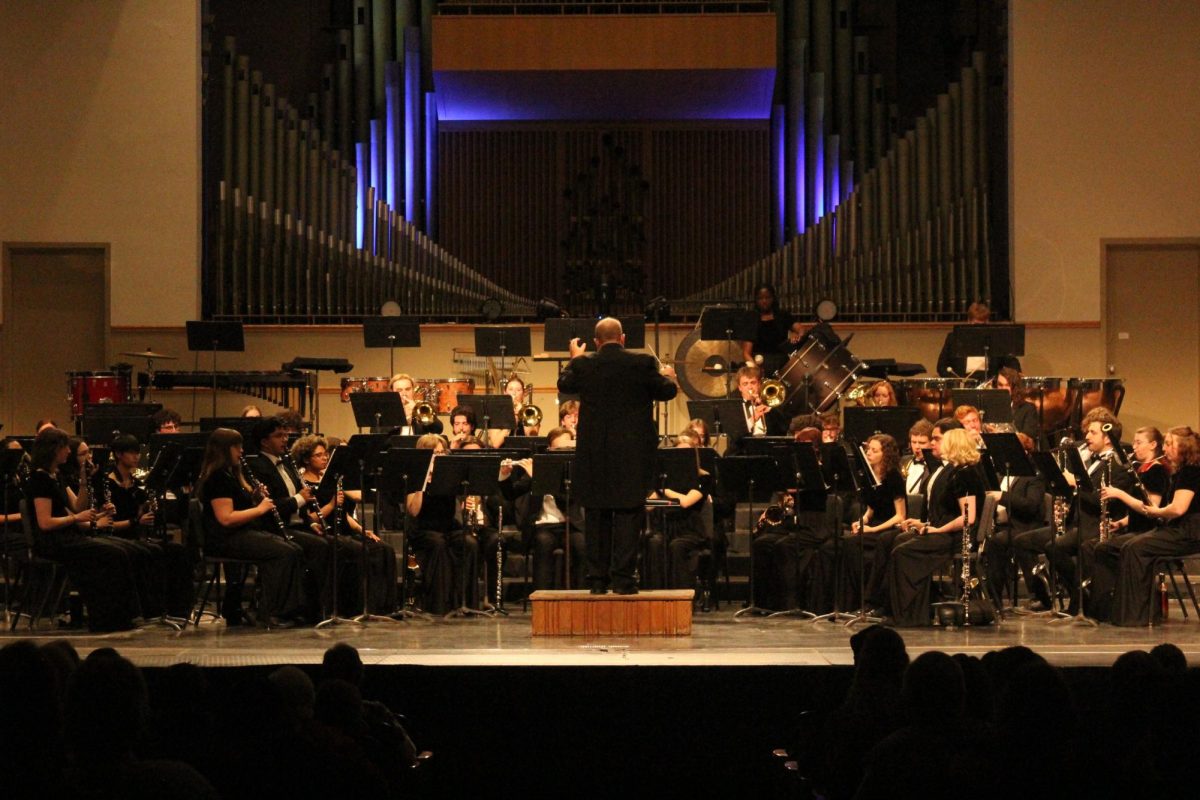During the State of the Union address last week, Obama made a tax reform proposal designed to raise $320 billion, while cutting taxes by $175 billion, over the next 10 years, which David Dehnel, professor of political science, said will be beneficial.
According to the White House, the proposed plan would “simplify our complex tax code for individuals…and use the savings to responsibly pay for the investments we need to help middle class families get ahead.”
“Our tax system overall is not sufficiently progressive…the tax burden should be shifted to the more upper bracket tax payer,” said Dehnel.
One of the most notable provisions introduced was the proposed reformed tax on capital gains. A capital gain is a profit that occurs when property, stocks or money is transferred between individuals.
Currently, income tax code’s “stepped-up basis” allows for assets held at death to be redistributed without income taxes.
When an individual sells off an inherited asset the value of that inherited asset “is stepped up” to the value at the time of inheritance.
This provision allows individuals to redistribute assets free of any income taxes.
Rebecca Brosch, president of the politics club on campus, believes “it’s about time higher taxes were imposed on the wealthiest 1 percent…the middle class is still struggling, and many of these provisions will go toward strengthening those at the core of the economy.”
The plan also proposed to increase taxes on large corporations making it more costly for them to borrow excessively.
One of the main sectors that would benefit from is education.
Obama proposed increased grants and loan forgiveness for college students, as well as a program that would offer two free years of community college to all citizens.
Dehnel believes this system is both plausible and sustainable.
“This is a country that can afford to do a lot more in the way of supporting education than it does,” said Dehnel.
Dr. Christopher Whitt, associate professor of political science, believes the bill would be a good source of much needed revenue, but is skeptical of its chances.
“Now, more than almost any time in our history, money equals political voice… so the people at the very top have a very strong political voice, and they’ve proven very successful in swaying even people who are part of the masses… into being against these types of ideas,” said Whitt.
Obama proposes tax reform
February 3, 2015
0
Tags:
More to Discover



































































































